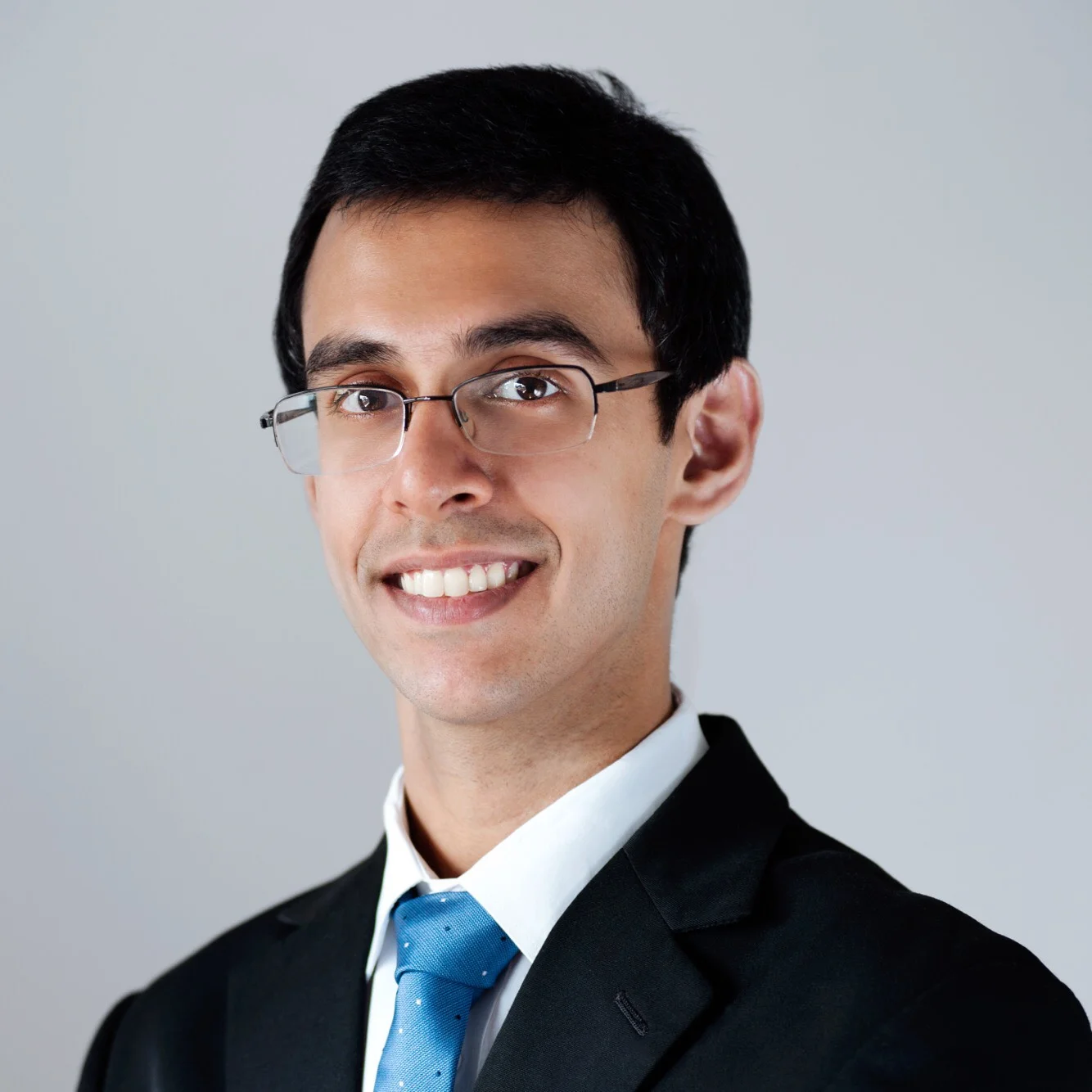Alumnus Update: Sagnik Das
Sagnik Das is a 2018 scholar. He recently graduated Harvard Law and is currently an assistant professor of Law, Jindal Global Law School.
In this week’s post he writes about how he overcame his apprehensions of teaching online.
By now, conversations about the pandemic have an all-too familiar, if not boring ring to them. Ranging from ‘new normal’ to ‘webinars’, words have been rescued (or invented) from relative oblivion in the English dictionary to enter our vocabularies as we move life online. One of the most interesting (I use ‘interesting’ almost as a substitute for sad) aspects of this has been moving teaching online. As I came back from Paris in February this year, after a short stint of working with a law firm, I was incredibly excited to have the experience of teaching law students in my role as an Assistant Professor at Jindal Global Law School. In my mind, I had already decided the kind of teacher I wanted to be and the style of leading the classroom I wanted to adopt. It was the style I had seen my professors at Harvard Law adopt, during my LL.M. degree (2018-19). The one you see in Legally Blonde and On the Basis of Sex. I had decided I’d use the Socratic style, coupled with the occasional ‘cold-call’, just to spice things up.
Barely a few weeks into my teaching stint however, the invisible enemy we are all fighting today struck, and my days of attempting to ape my Harvard Law professors were therefore numbered. I consider myself extremely lucky that I graduated my LL.M. just before the year of the pandemic and had all my classes in person. However, that meant that I had no pool of knowledge or first-hand experience to draw from when it came to conducting classes online. Attendance requirements were relaxed and there was no way to cold-call students online – you could not see them (to conserve incoming bandwidth their microphones and cameras are switched off) and it is entirely possible (although I choose to remain in blanket denial) that students could log in and sleep off. I have always considered teaching in a classroom a performance, where you feed off the reaction of your audience, like an on-stage comedy or an a cappella show. With the audience suddenly becoming invisible, I had to think about switching back to the more traditional lecture mode. I struggled to think of innovative ways to keep my students engaged and get them to participate actively.
I thought long and hard back to my days at HLS. At Harvard, there was no concept of ‘attendance’ – nobody largely said anything if you missed classes and your ability to sit for exams (for most courses) was completely unrelated to how many classes you attended/missed. Yet, I had hardly ever seen students miss classes. The more I thought about trying to figure out why that was the case, the more I realized that aside from just the stature of the lecturer (which I could unfortunately never hope to emulate), a big part was making students feel that their inputs and questions were valued. I had never, ever, seen an instructor at Harvard telling off any student for any question or comment that they wanted to make in class. I am sure you could as well ask, “Professor, is it Wednesday today?” and the instructor would start his/her answer with – “You know what, that’s a great question”. Simply put, there were no ‘silly’ or ‘stupid’ questions, or ‘irrelevant’ or ‘wrong’ comments. However, I feel certain that I heard such refrains all the time (every day) during my school and undergraduate days. Based on this small, unrepresentative sample size as it were, I felt that there was something about education in our country that lends itself to discouraging students from voicing opinions or asking questions in class, unless they were what the instructor thought was ‘to the point’.
I set out to change that actively in my online classes. I would not cold-call anymore. Rather, I adopted the strategy of actively encouraging questions and comments from students. They could write a comment on the chat or just speak up, and whatever they said, I tried to ensure that they knew their thoughts were valued. They need not have had to think it through, or frame their thoughts articulately, I wanted their thoughts as they were, and I wanted them to feel that they were important to the class. Simply starting my responses with – “that’s a wonderful thought” or an “extremely pertinent question” or “that’s an excellent counter-point”, made a difference. Before long, I started noticing that class participation picked up. Those who did not speak up even during physical classes, started doing so, either by unmuting the microphones or by writing a short comment. With the increase in class participation, my confidence picked up and I started finding my feet with online classes.
I can never claim to have ‘emulated’ my Harvard professors, who are some of the most brilliant minds in the law and some of the best performers in the classroom, used to dazzling day in and day out. But I realized that I could always pick up small tricks of the trade to make my classroom a little bit more of a safe space. A little bit more fun. And well, everyone knows that right now, we could all do with some fun. I look back at my time during my LL.M. degree, made possible with the generous support of the Inlaks foundation, with utmost fondness. From making great friends, opening up my mind to the world of possibilities and learning an incredible amount about the law, Harvard has shaped my life in profound ways. And this one time, it even taught me how to teach. In a word of populism and pandemic, those bonds of camaraderie and those invaluable lessons learnt in that one year, proved to be more important than ever before.






